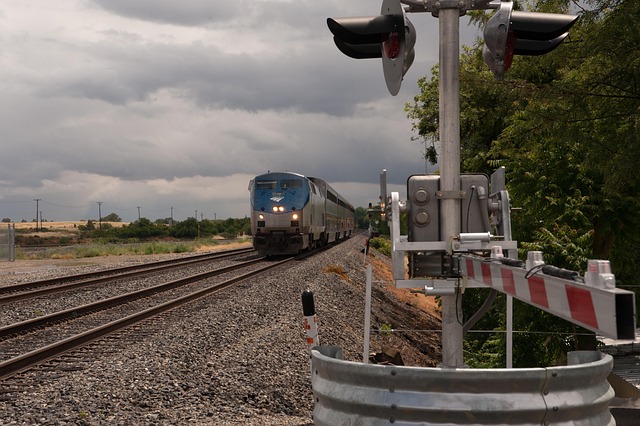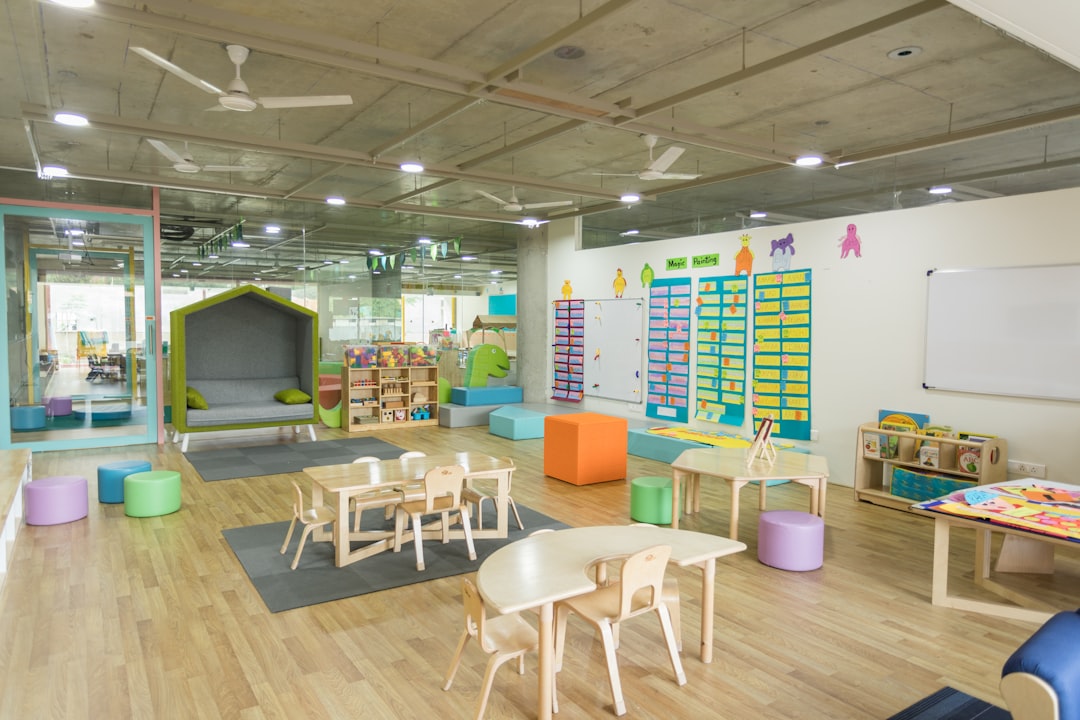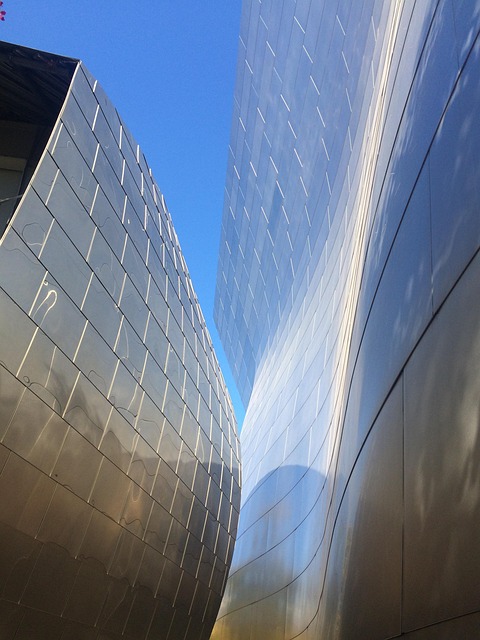Implementing camera systems in Los Angeles daycares is governed by strict legal guidelines for child protection and transparency, with regulations varying based on facility size. All cameras must be clearly visible, and parents or guardians must be notified of surveillance equipment and its usage, including data storage policies and access restrictions. Strategic placement of high-definition cameras with night vision ensures critical areas like playrooms, kitchens, and outdoor spaces are covered, providing real-time updates to parents and peace of mind. Daycare sexual assault lawyers in Los Angeles, CA emphasize the importance of explicit parental consent, ethical guidelines for camera usage, secure data storage, and open communication between parents, educators, and legal experts to maintain a safe and trustworthy environment while respecting children's privacy.
Implementing camera systems in Los Angeles daycares is a critical step in ensuring child safety, but it comes with legal and ethical considerations. This guide explores best practices for installing CCTV in LA daycares, navigating strict regulations, and upholding privacy rights. From understanding legal requirements, such as those set by daycare sexual assault lawyers, to choosing the right technology and ensuring ethical use of surveillance data, this article provides essential insights for childcare providers aiming to create a secure environment.
Understanding Legal Requirements for Camera Systems in LA Daycares
Implementing camera systems in Los Angeles daycares is subject to specific legal requirements designed to protect children and maintain transparency. Daycare sexual assault lawyers in LA CA emphasize the importance of adhering to these regulations, which vary based on facility size and operational scope. All cameras must be clearly visible to avoid any potential invasion of privacy, with parents or guardians notified about surveillance equipment and its usage.
Additionally, there should be explicit policies regarding data storage, access, and retention periods for recorded footage. These measures ensure that sensitive information is handled securely while allowing authorities to review footage in case of suspected abuse or misconduct. Compliance with these legal requirements not only safeguards the rights of children but also fosters trust between daycares, parents, and the community at large.
Technical Considerations for Effective Surveillance Implementation
Implementing a camera system in a daycare requires careful consideration of technical aspects to ensure its effectiveness as a surveillance tool. The first step is to assess the physical layout of the facility and identify strategic placement points for cameras. This involves evaluating high-risk areas like playrooms, kitchens, and outdoor spaces where potential safety concerns might arise. Daycare centers should opt for a comprehensive network of cameras rather than isolated units, creating a seamless surveillance system that covers all critical zones.
Additionally, choosing the right technology is crucial. High-definition cameras with night vision capabilities offer superior image clarity and ensure better identification in low-light conditions. Integrating these systems with a reliable recording and storage solution is essential for efficient data management. Daycare administrators should also consider solutions that enable remote access to footage, allowing them to monitor activities from off-site locations. This feature can be valuable for parents seeking real-time updates on their children’s safety, as well as for legal purposes, where detailed surveillance records may be required by daycare sexual assault lawyers in Los Angeles CA.
Ensuring Privacy and Ethical Use of CCTV in Daycare Settings
Implementing CCTV in daycare settings offers significant safety and security benefits, but it’s crucial to balance this with meticulous privacy considerations. Daycare centers handle sensitive information about children, making responsible data management critical. Los Angeles daycare sexual assault lawyers often emphasize the importance of obtaining explicit consent from parents or guardians before installing cameras, ensuring they understand how their child’s footage will be used and stored.
Ethical guidelines should govern the use of CCTV, strictly limiting access to authorized personnel only. Footage should be encrypted and stored securely, with clear protocols for retention and deletion. The presence of signs indicating camera surveillance can serve as a deterrent while respecting privacy. It’s essential to foster an open dialogue between parents, educators, and legal experts to establish trust and maintain a safe environment for all children.



